Let’s Make 2024 the Year of Calm Ambition
Integrating the balance of bold ambition and restful calm.
For successful New Year’s resolutions, goals, and plans, we need a balance we almost always miss.
In the optimism of the new year, we can be too ambitious in the goals we set for ourselves. Or, after a tough year and past failed resolutions, we might be leaning into a slower, calmer pace instead.
My own natural tendency was to pendulum between these 2 modes of bold ambition and restful calm. I would make big goals and invest time, money, and energy in reaching them. And then burn out after going too hard and decide to do the bare minimum for a while. Then, that slow period would cause me to feel purposeless and I would again go back to the bigger goals and the cycle would continue.
I used to think this was my natural work cycle and that my motivation and drive just came in waves. It wasn’t bad, I just had to work with it.
Last year, I realized that even though I liked my work, I never actually felt good about it. I was either in an ambitious state and always feeling behind, or I was in a calm state and feeling restless like I should be working on something else. It was a pendulum that spent almost no time at or close to equilibrium.
And on the rare days or hours when I did feel balanced between calm and ambition, not only did I feel amazing, but I was also more creative, more connected to the people I work with, and more successful.
Instead of the extremes, I realized that the middle point was the balance I wanted to work towards.
I think it’s what most of us want. It’s the push and pull between striving and resting, growth and comfort, progress and ease. It’s what I came to know as… calm ambition.
It’s a philosophy and a value that I recommend everyone, and entrepreneurs especially, put front and center.
Let’s talk about the two sides here and what they look like when you’re building a business.
Ambition means building a clear vision of who you want to become and what you want to see in the world, and then doing whatever you can to make it happen. It’s an addicting feeling to harness, especially when you strongly believe in what you’re working towards.
And ambition also has a dark side. Being blindly ambitious can mean setting unrealistic expectations for yourself, your team, and those around you. When ambition is the only thing you value, you can move so quickly that you go after goals that you’re not even sure you want.
Purely ambitious goals might be big but can feel empty and ego-driven: make $100 million, be on Forbes 30 under 30, grow a team to 100 employees, etc.
Ambition also comes with trade-offs. When you’re ambitious about one part of your life (work), a different part of your life (mental health, family, friends, etc) might get neglected.
So ambition is great but it needs a buffer.
So let’s define the other side of the pendulum, calm. Calm looks like having enough time to build your business on your own terms and at your own pace. Letting go of the hustle to understand yourself, what you need from your career, and how you can step into being a leader.
The trap of being too calm can also be damaging. Just prioritizing calm as an entrepreneur might look like not doing the uncomfortable stuff like selling your work, letting tasks pile up, taking too much time off, and not taking steps toward growth. When you set goals that just help you rest and relax, that’s great for the short term but ultimately doesn’t get you closer to doing what you want to do in the long term.
In my experience, neither the purely ambitious nor purely calm approach lasts very long. The calm and not ambitious approach feels great in the short term, but if you have ideas and dreams, it ultimately becomes boring and small. The ambitious but not calm approach is exciting and bold, but it leads to burnout and life meltdowns.
The right answer that I was looking for, and what you might be looking for is both.
Here’s what integrating calm ambition can look like:
Increasing your goal horizon
The long-termness of your goals is a key part of feeling calm but committed to a big vision. Instead of designing your business for one or two big moments, design it to grow over time and move towards a more patient, larger vision
Pay attention to your body in the moment
There are two different types of stress. There’s stress that motivates and excites you and there’s stress that freezes you and causes tunnel vision. So when you’re engaged in work, feeling stressed isn’t bad as long as it’s more often the fun kind. These are notoriously hard to tell apart! Taking breaks to be present and pay attention to your body and how you feel is a good start.
Connect the dots between connection and ambition
Ambition on its own can feel competitive and isolating. Calm ambition instead, is a more connective feeling. Instead of seeing others as your competition, you start seeing them as allies and friends. Building a network of peers who are on similar journeys and who aren’t haters, is a great way to stay on the positive side of ambition.
Be careful about the people you get inspired by
We tend to “hate follow” people on social media. Whether those are hustle bros or manifestation girlies, don’t follow anyone who annoys you or consistently makes you feel behind or anxious. Instead, look for people who align with the future version of yourself that you’re moving toward.
Prioritize profitability over growth rate
When you’re building your business, it’s easy to get stuck on the big numbers. But what do you want a huge business or a profitable business? Big businesses might come with a big team, high overhead, investors, high risk, etc. Profitability is a slower road, but comes with leverage, flexibility to change your mind and calm. So instead of prioritizing gross profit and growth rate, consider looking at profitability first.
That is my humble argument for why maybe you should make calm ambition a value for yourself this year. Especially if you’re setting goals or resolutions for the year. Are they calm and ambitious?
PS. I didn’t come up with the concept of calm ambition. I’ve heard similar sentiments from many people including Tyler Tringas, Anne-Laure Le Cunff, Paul Millerd, Hanif Abdurraqib, and Visa Veerasamy. ♥️
Subscribe to the The Business of Community
A weekly email for thoughtful community business founders. Get actionable tips on sustainable business models, community experience, operations and more.



